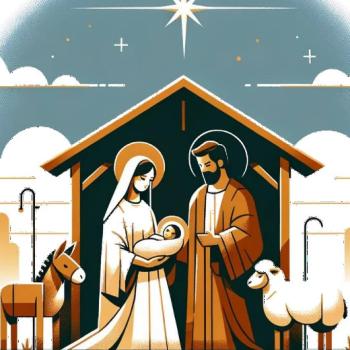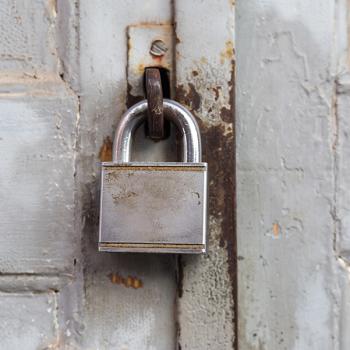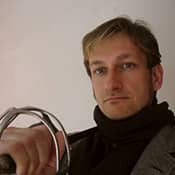Someone once asked me how to find a teacher.
In my spiritual practice, I have been privileged to train with true masters. I think you should be able to, too.
A "master" means something to me. It doesn't just mean they're good people or they have a passion for their tradition. Those are baseline expectations. A master is someone who took decades to challenge and refine wisdom through practice. "Master" is not a self-bestowed title. A master is recognized by their tradition and by their own teacher. At the same time, it's a quality that comes from within. A master is at peace, content in themselves. You can't sneak anything by them, in the temple or out.
There is a tension around this idea. People want a master. We think of Yoda, Gandalf, even Dumbledore and we want that: a wise man or woman who will both nurture and challenge us, who can see to the core of us and guide us on our journey. In the spiritual life, this is a deep and primal longing. Yet at the same there is worry and fear: I don't want to be bossed around. I don't want to be told what to believe. I don't want to be used.
This problem is hard for polytheists. There is no unbroken lineage back to our ancient masters. When someone puts themselves forward as a teacher, we have to ask—what gives them the right? Where did they learn? How do I know they're good enough?
So there is a predicament, a pain of wanting a teacher and not knowing who to trust.
I believe it's possible to find a good teacher. It's not just a matter of luck. I know this because I have sought out and found masters in four traditions. Your spiritual teacher is one of the most important people you will ever meet, because they are the one you entrust with breaking you down and building you up. That is what the process of apprenticeship is: being broken down, and seeing all the pieces of who you were, and rebuilding yourself one piece at a time. It is hard, and it is amazing.
Understanding that commitment is the first step in finding a teacher.
This is the way spiritual tradition is passed on. It's not just about you. It is about something thousands of years old and bigger than any one individual. To take that into yourself you need to be prepared to work through some things. Ask someone to be your spiritual teacher and you request that they challenge everything about you. You sign up for a radical transformation. It won't always be comfortable: it's an attack on the ego. But, it means that you are a partner in your training. You are not passively receiving enlightenment from a halo-crested sage. Wisdom is not handed to you like a diploma. It is your active daily practice of your spirituality, not just lessons from a teacher, that make it valuable. Eventually you embody this great beautiful tradition in your very being, and you in turn can pass it on to others.
When you view it this way, you are talking about apprenticeship, and learning a skill - something you can control and understand. People don't always think of spirituality that way. But when you do, you don't have to worry so much about being exploited. Since you aren't looking for a "cure all" or a magic word, the ploys of scam artists won't appeal to you. When you are looking to train, you will see which priests understand and which don't.
Your attitude itself will help you meet the right people.
And when you meet them, what next? If you meet a priest or teacher your respect, how do you know if you should ask them to be your teacher?
There are no hard and fast rules. I've heard some ridiculous guidelines on this topic. People want to make it an easy decision so they come up with rules of thumb. "Don't apprentice with someone who makes animal sacrifice." "Don't apprentice with someone unless they are full blooded Irish." "Don't apprentice with someone of X astrological sign." People want a simple marker they can look for that says a person is a worthy teacher. But it doesn't work that way. It takes discretion.
I think the final determinant should be your heart.
A teacher should amaze you. You should feel like something special is happening when they speak about their tradition. When you met priests and teachers, look for that. Look for that feeling in your heart of being home. That is the voice of the gods.
The most important messages from the gods are never visions, they are just in the heart. You should hear the gods in your heart when your teacher speaks. If you don't, don't settle. Why should you apprentice to someone if they don't help you feel the gods? Being a student is a commitment. It is an act of giving your trust. You're saying you'll stick around even when their words confuse or frustrate you. Don't give that lightly.
Maybe that is the best rule of all. Don't be in a hurry to jump at the first teacher you meet. Better to search far and wide, even for years, to find your teacher. Settling for "good enough" is a problem in any relationship, and this relationship is very special.
How do you find a teacher? Prepare yourself to be the best student you can be. Seek the sage who moves your heart. And don't settle till you find them.
Have you found a spiritual teacher? How did you do it? Do you agree with what I wrote above? I'm interested in your experience. How has your teacher changed your life - or are you still seeking them?
12/16/2011 5:00:00 AM





